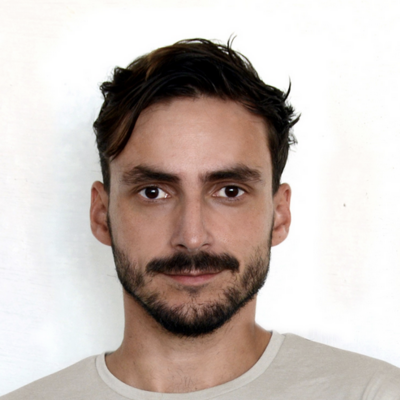


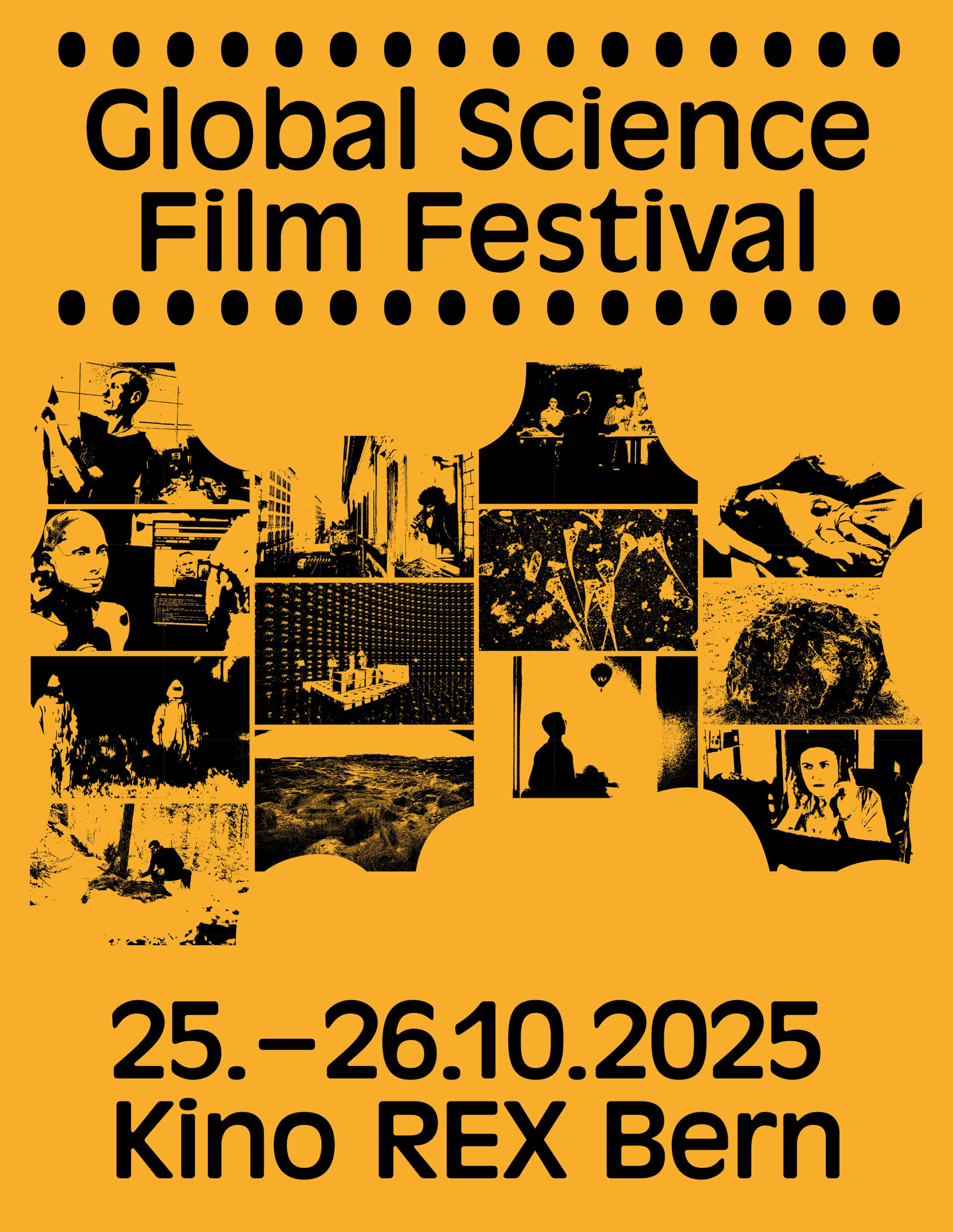
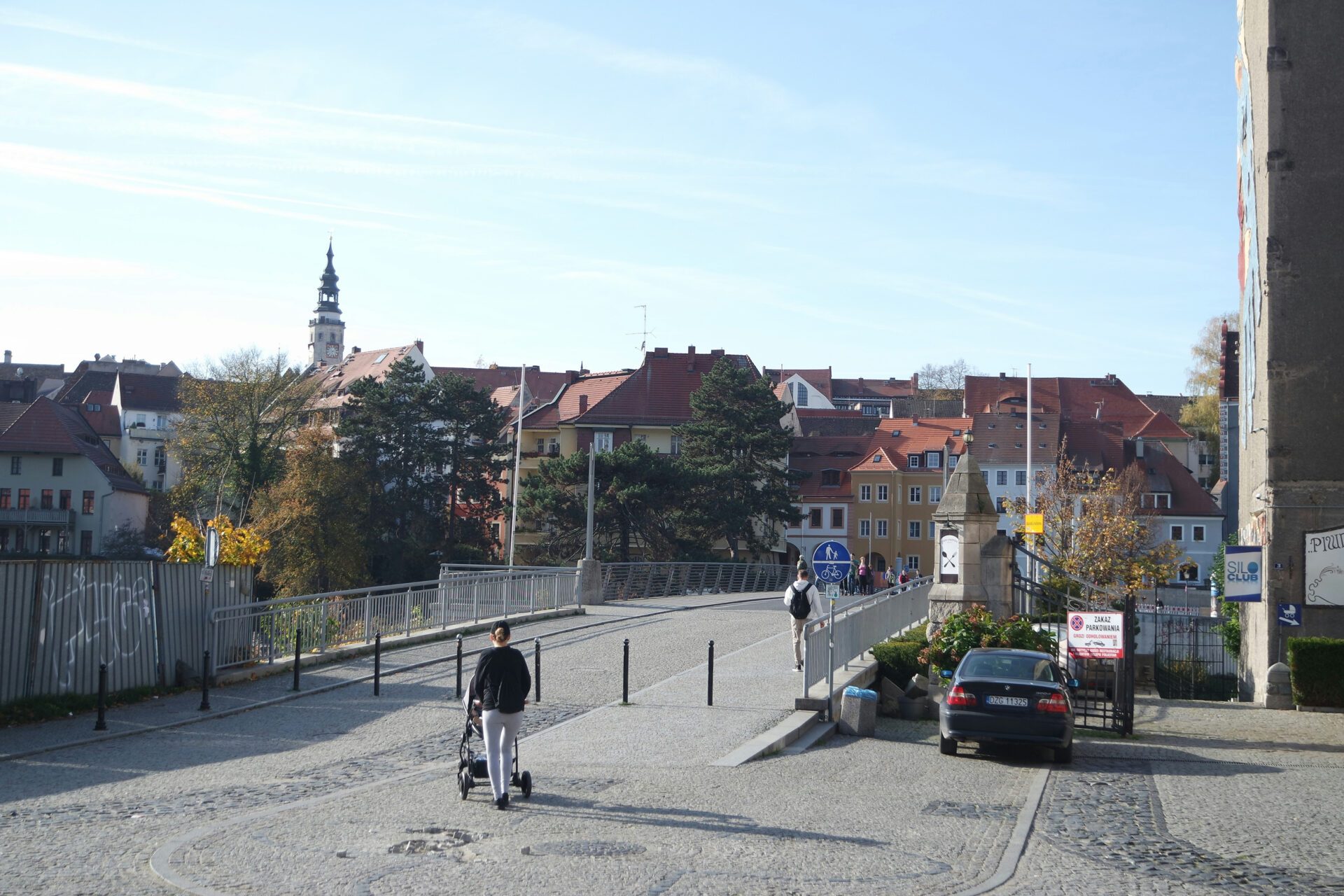



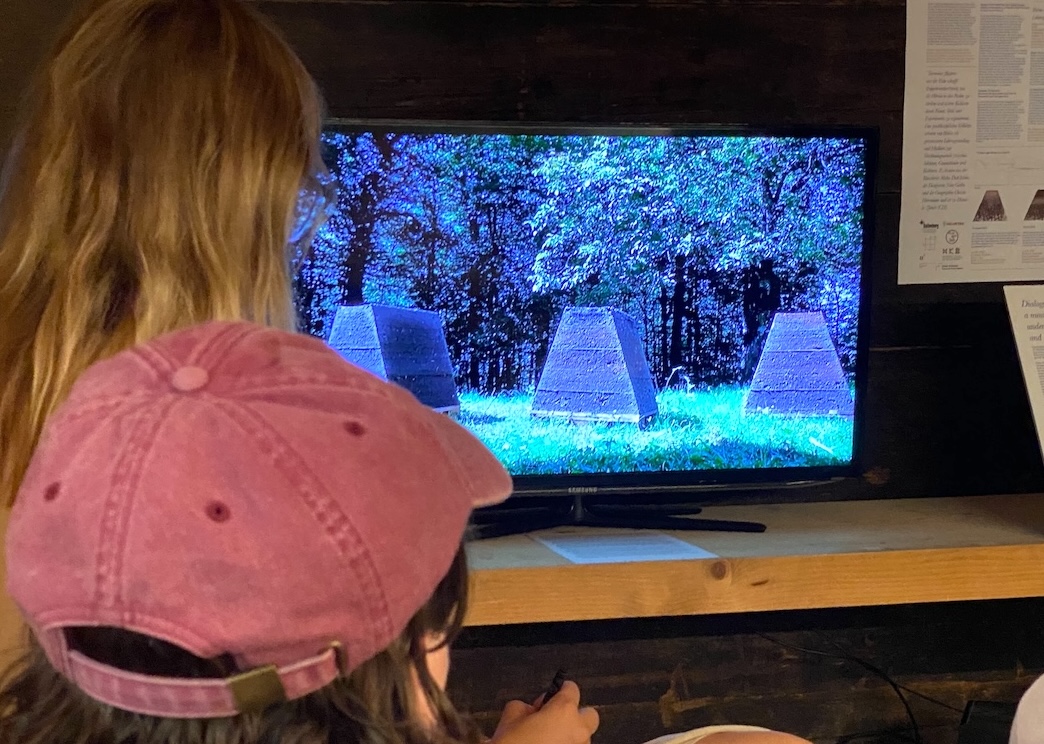


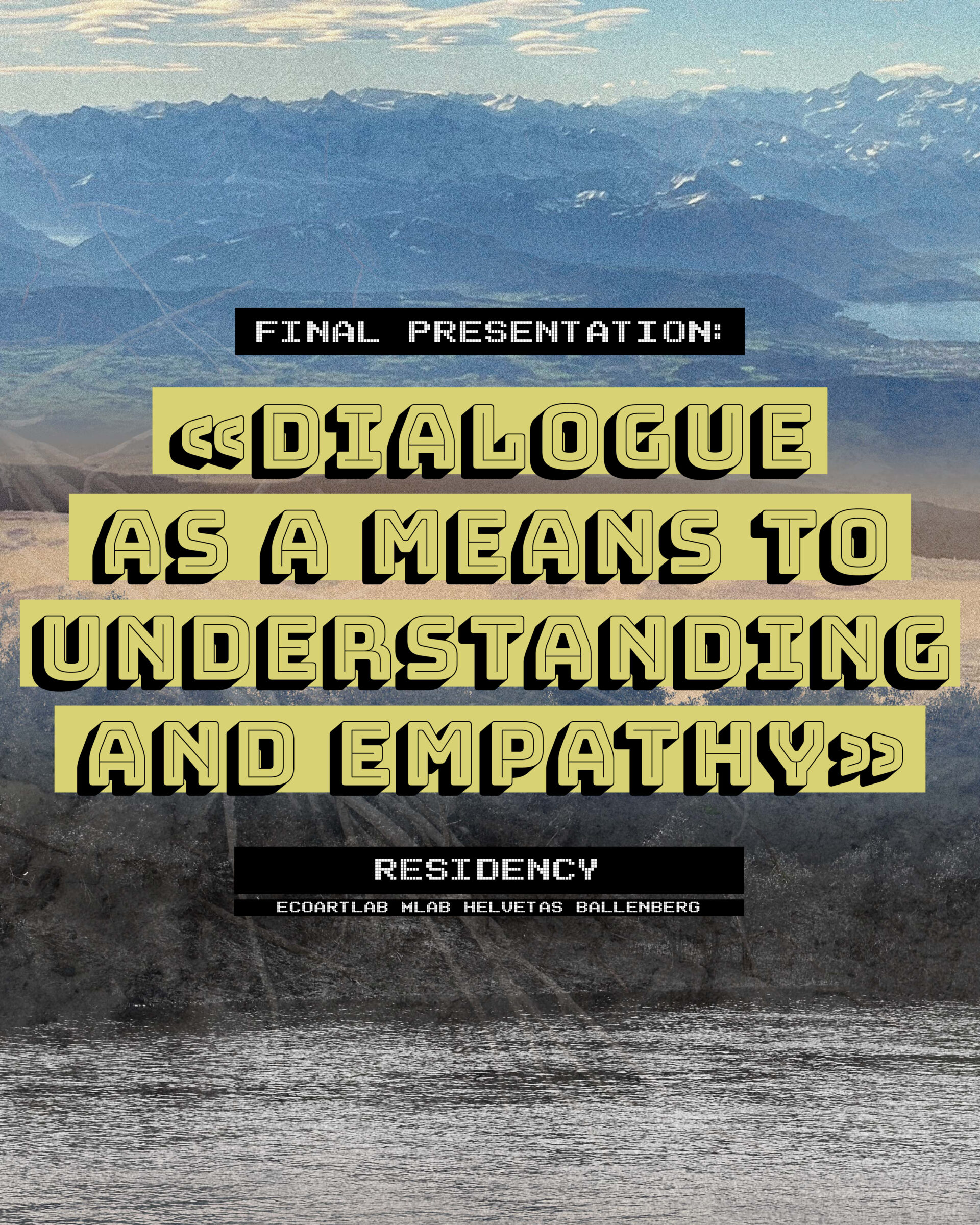
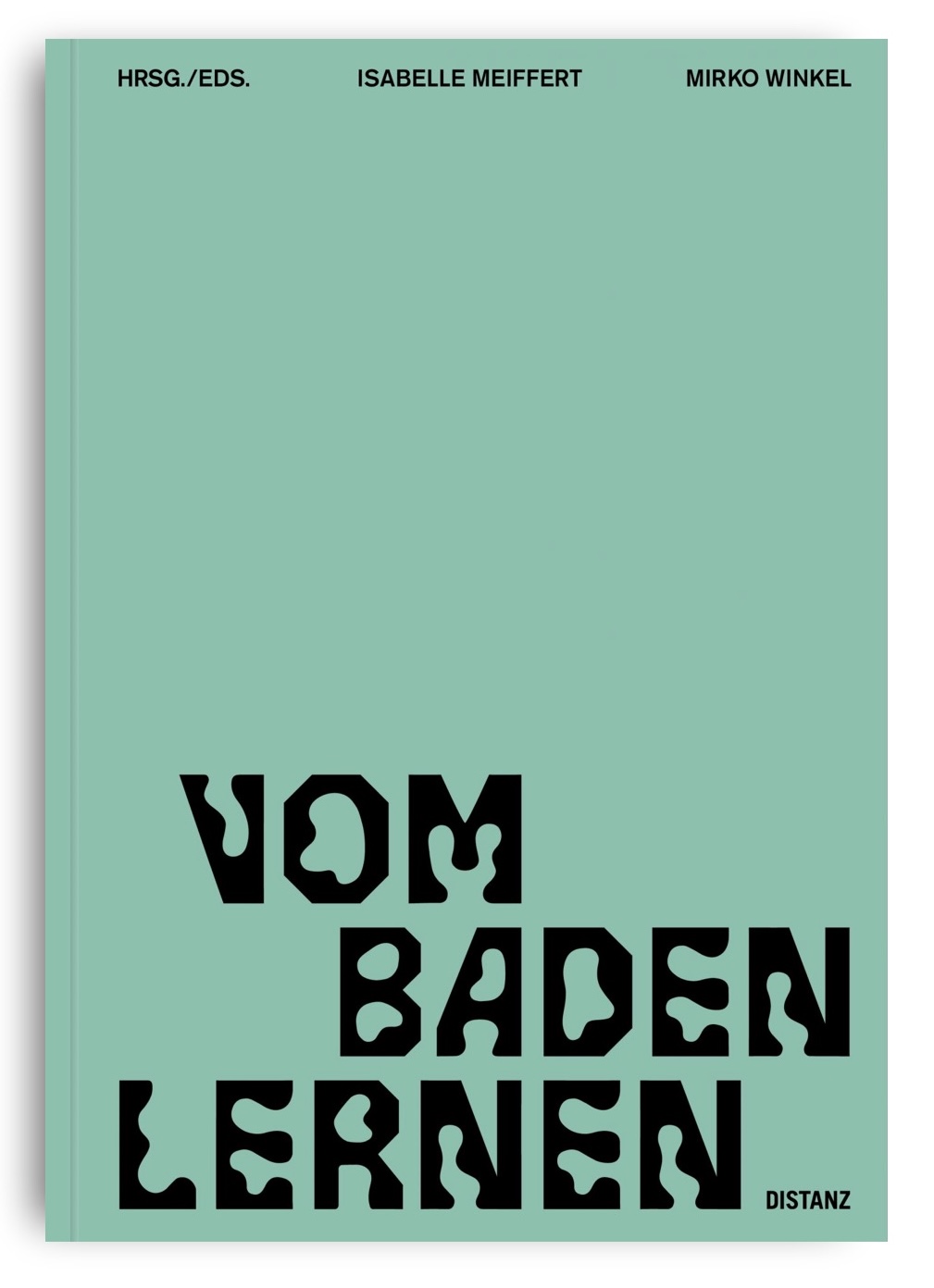
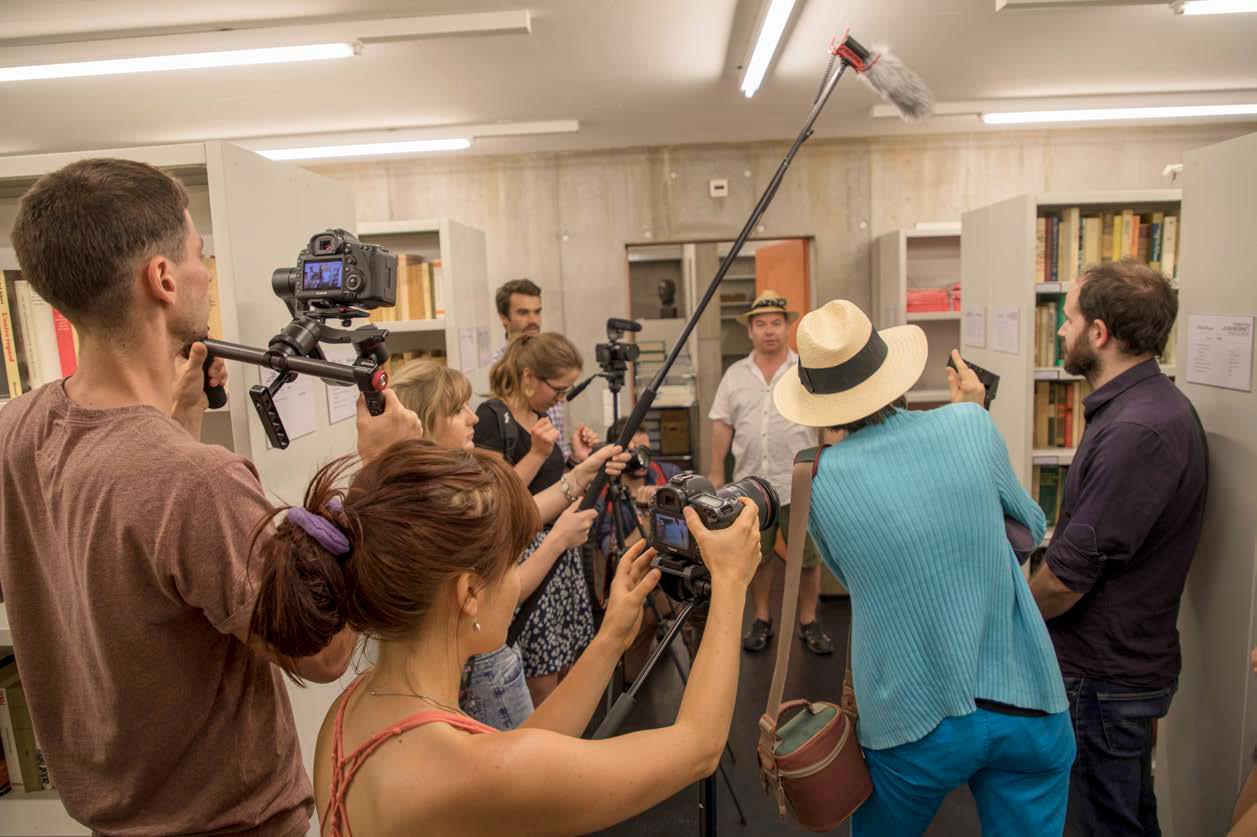
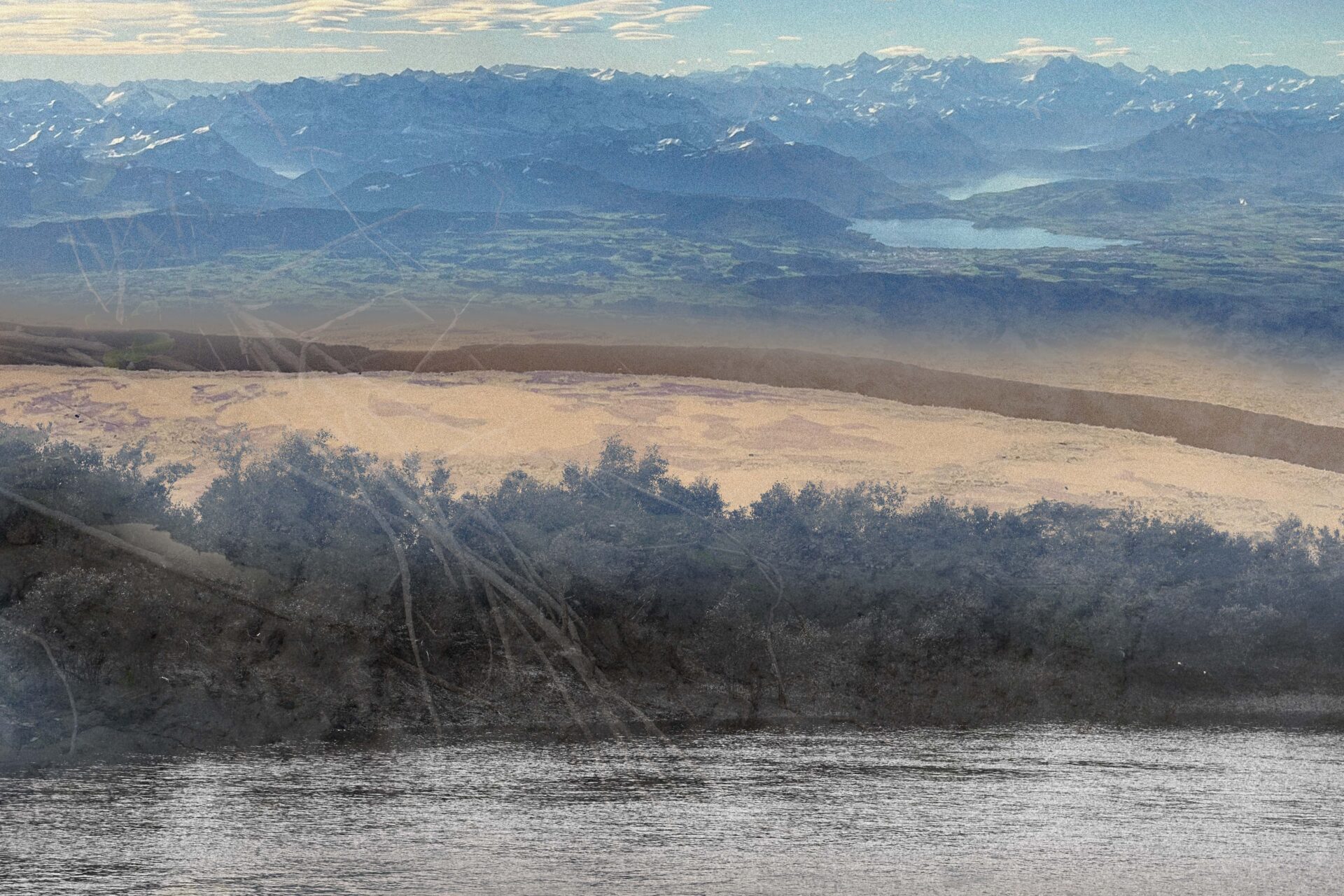
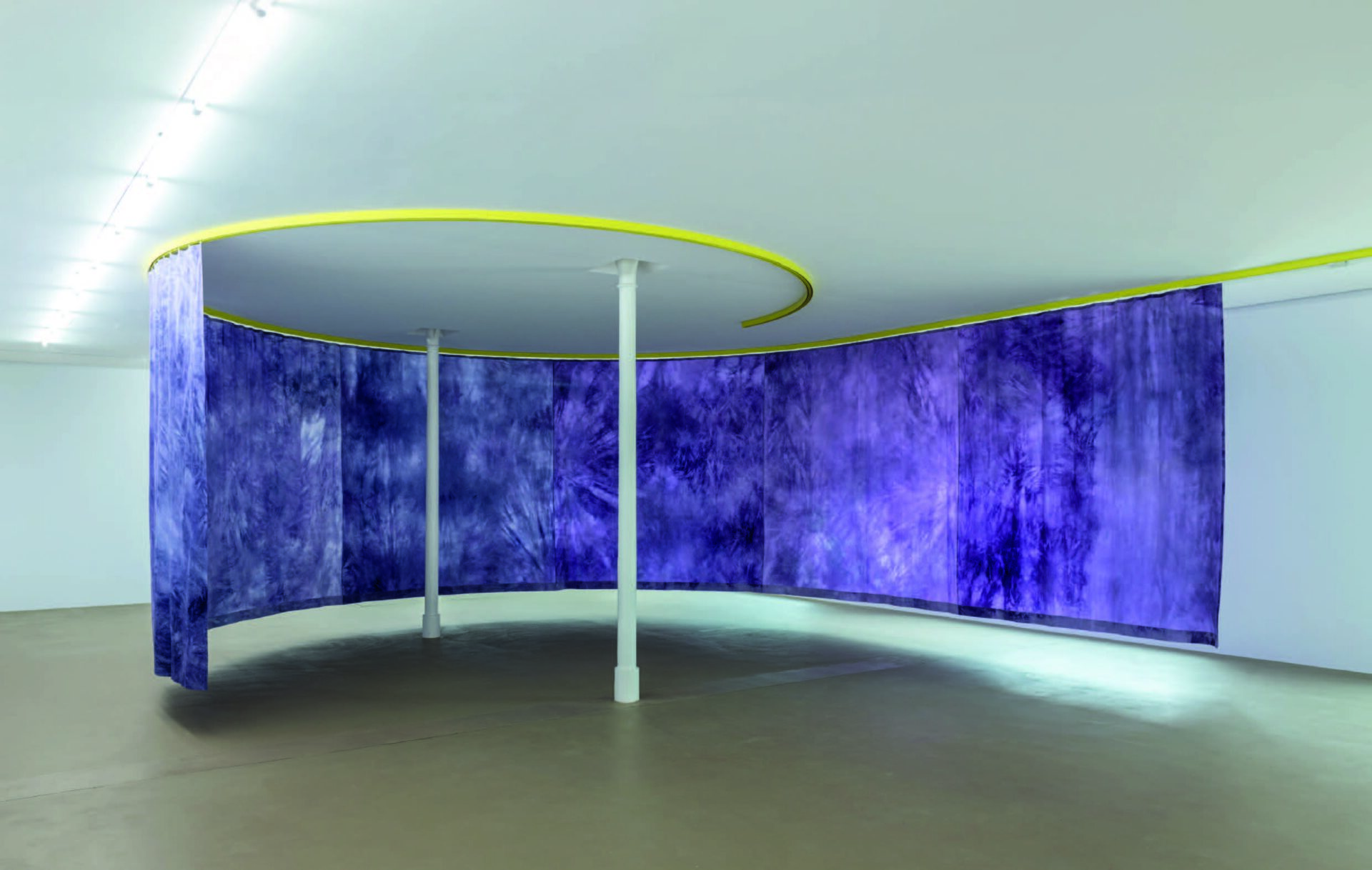

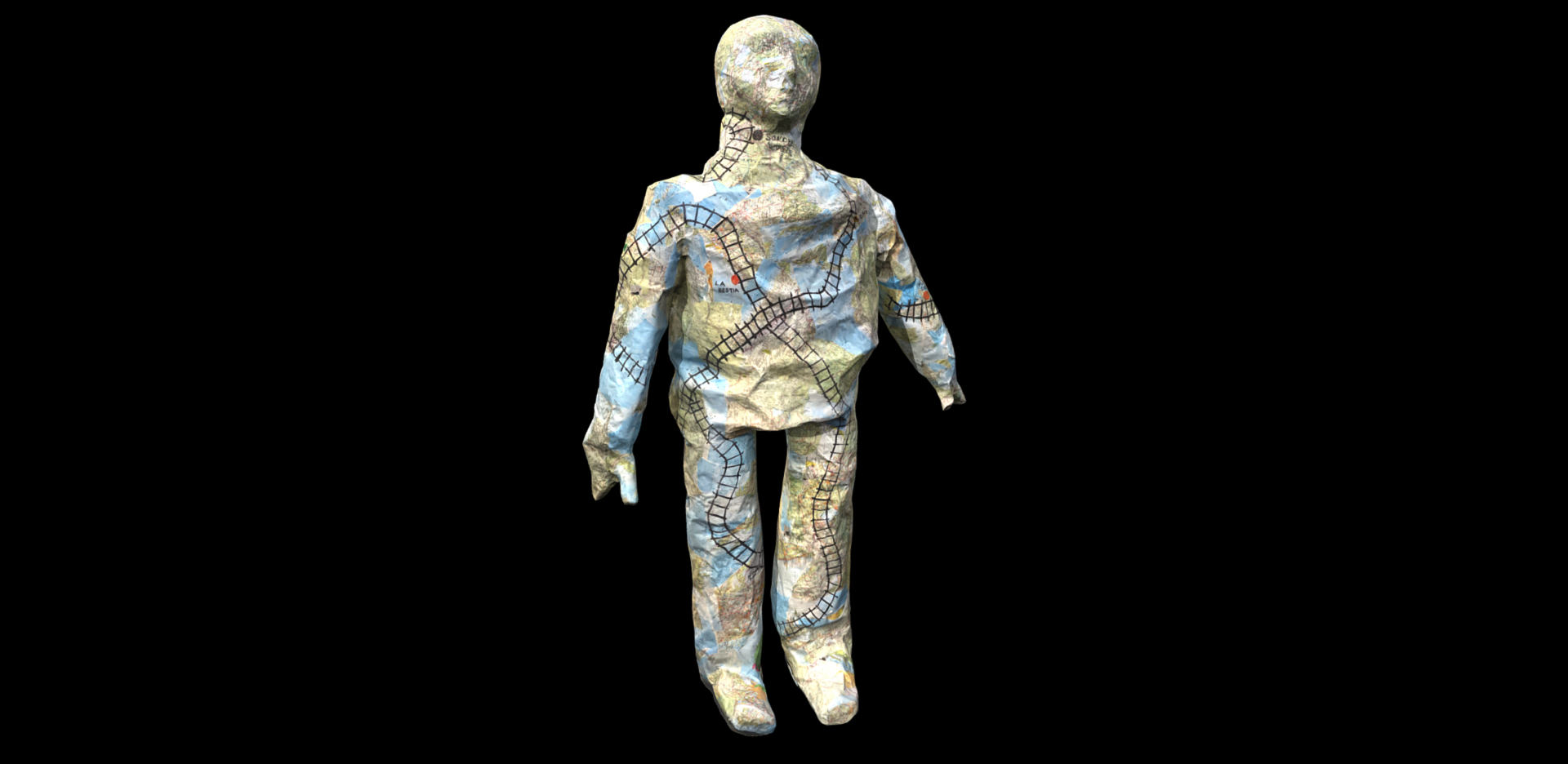

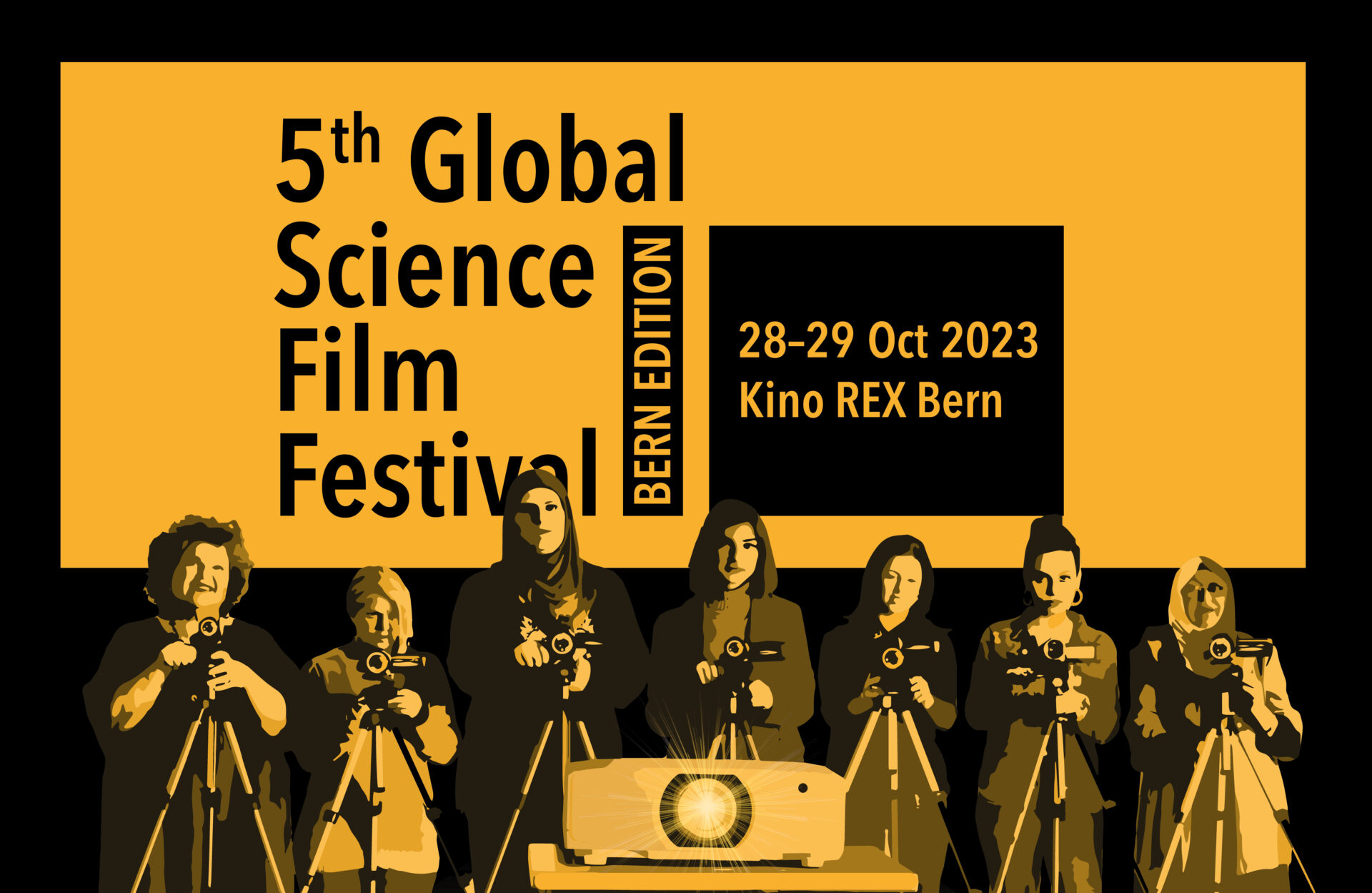
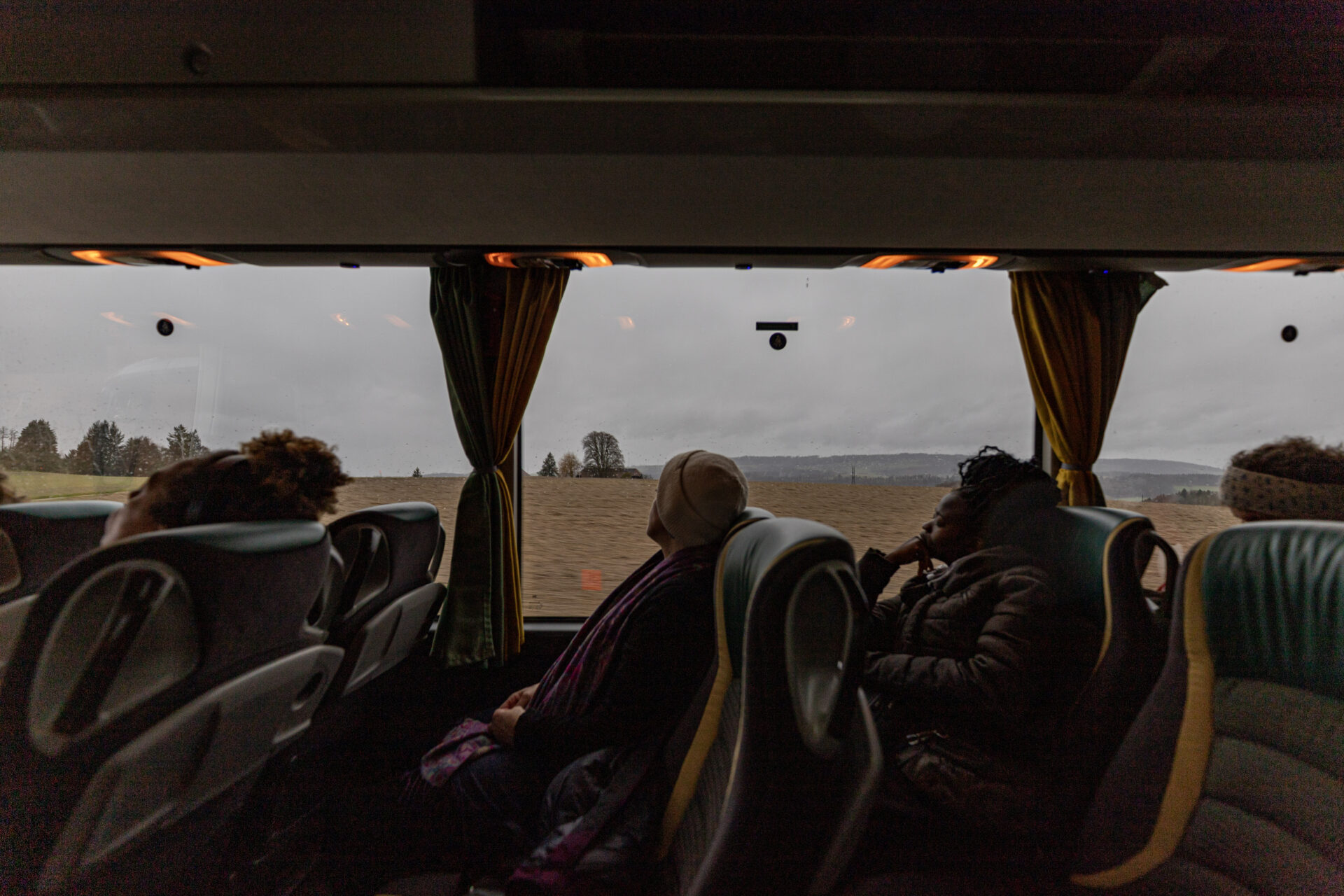
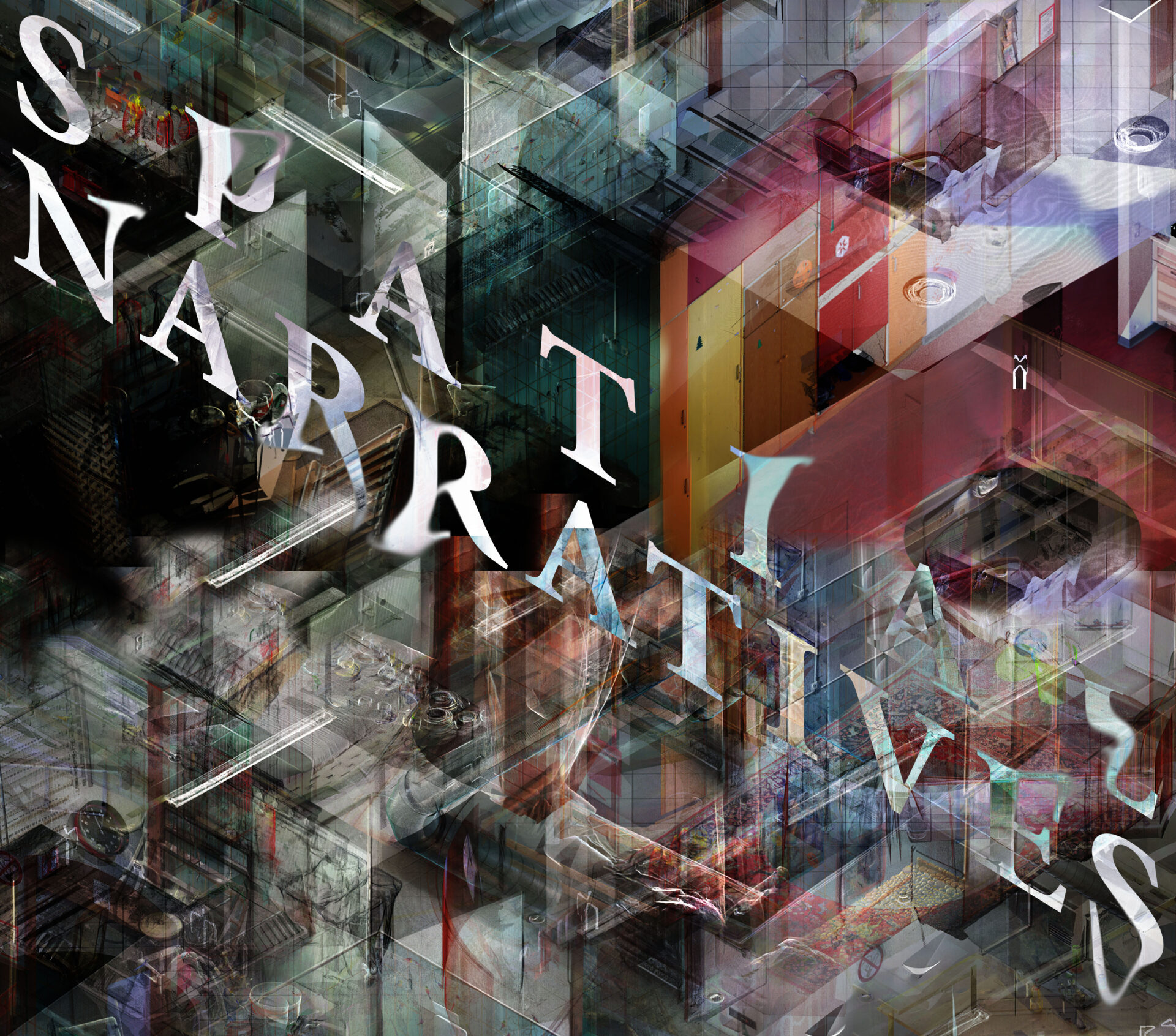
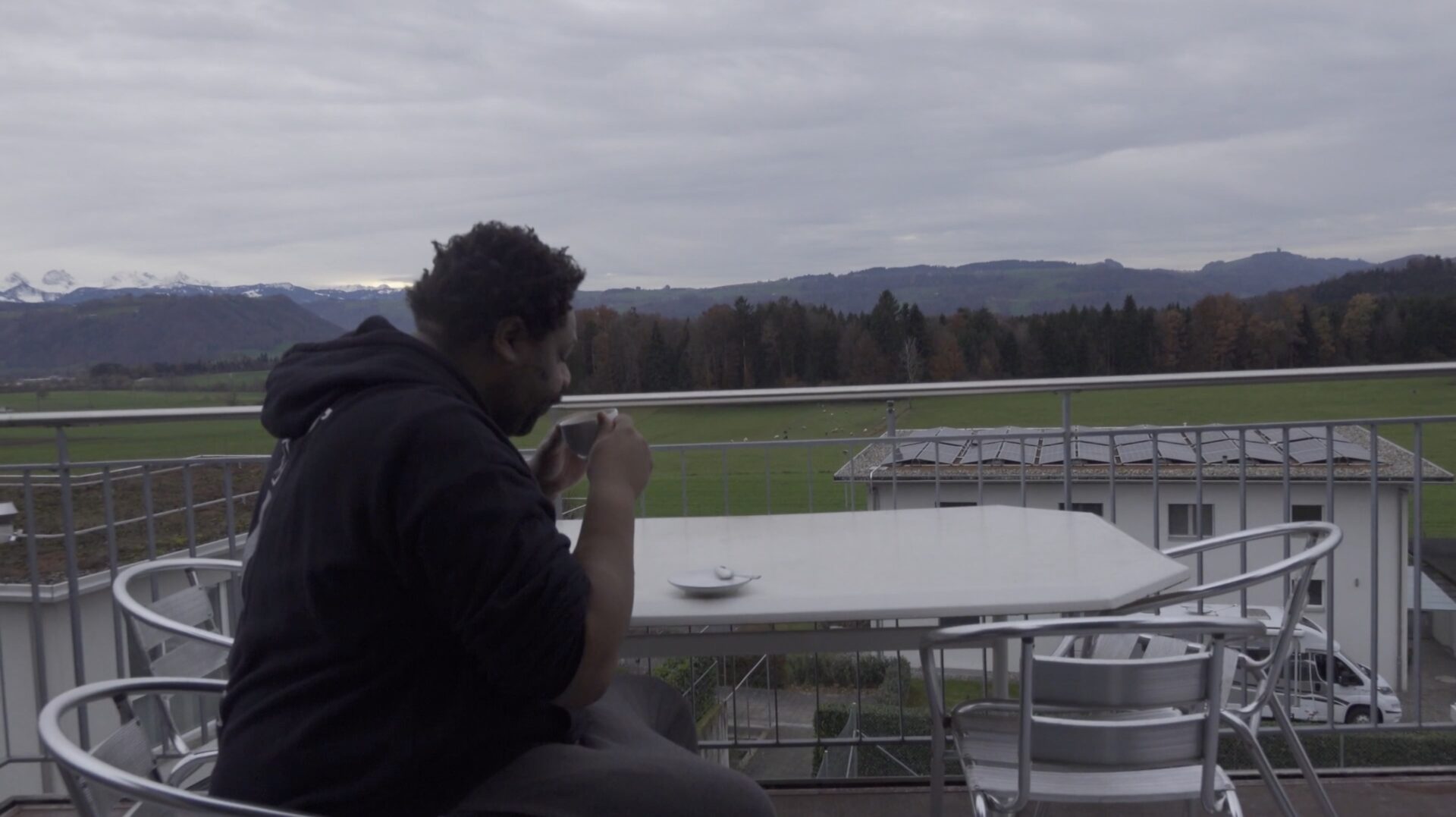
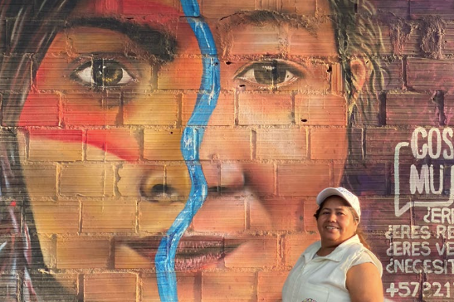
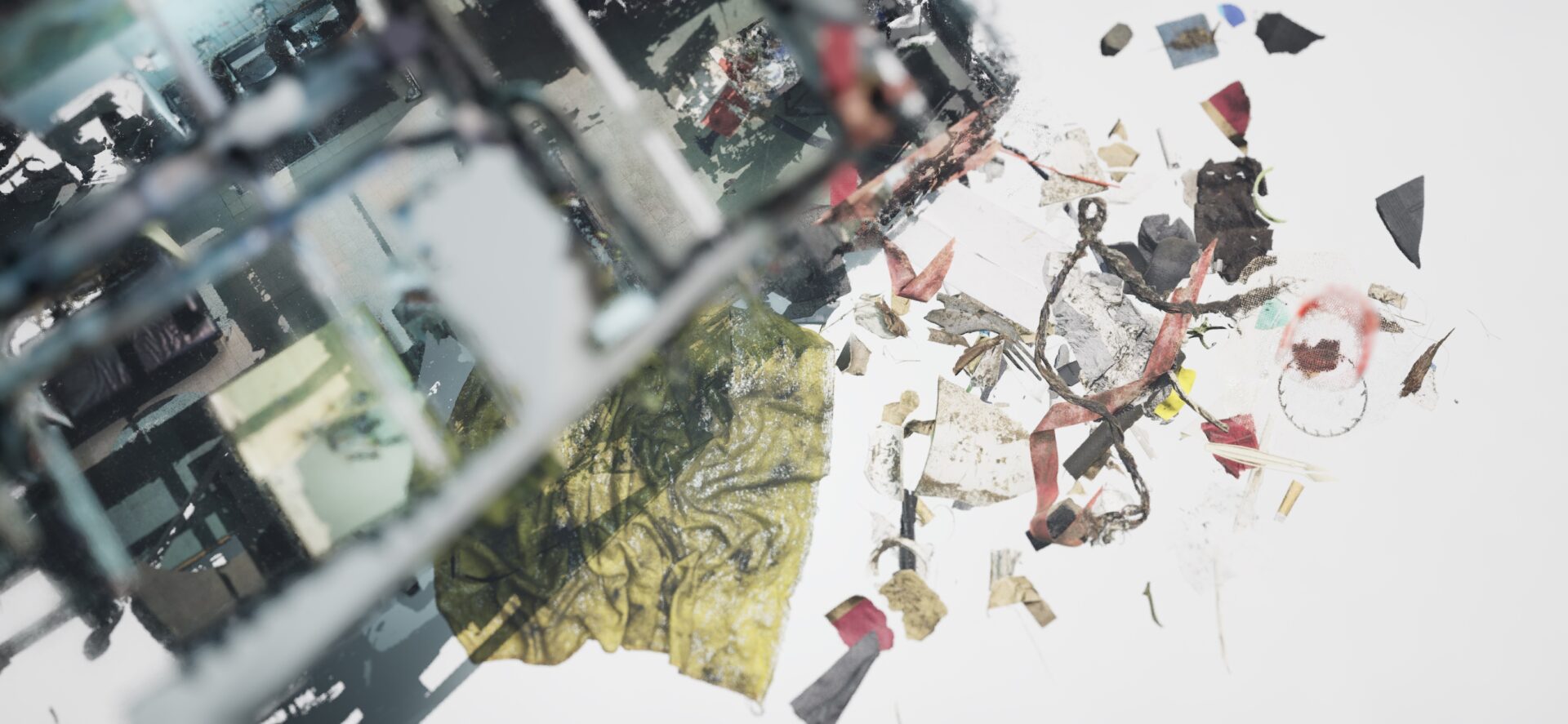


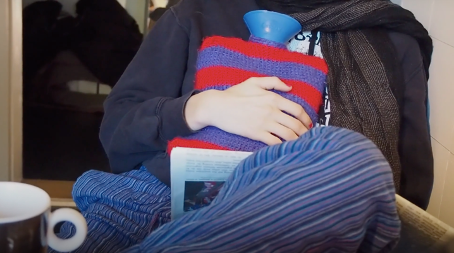




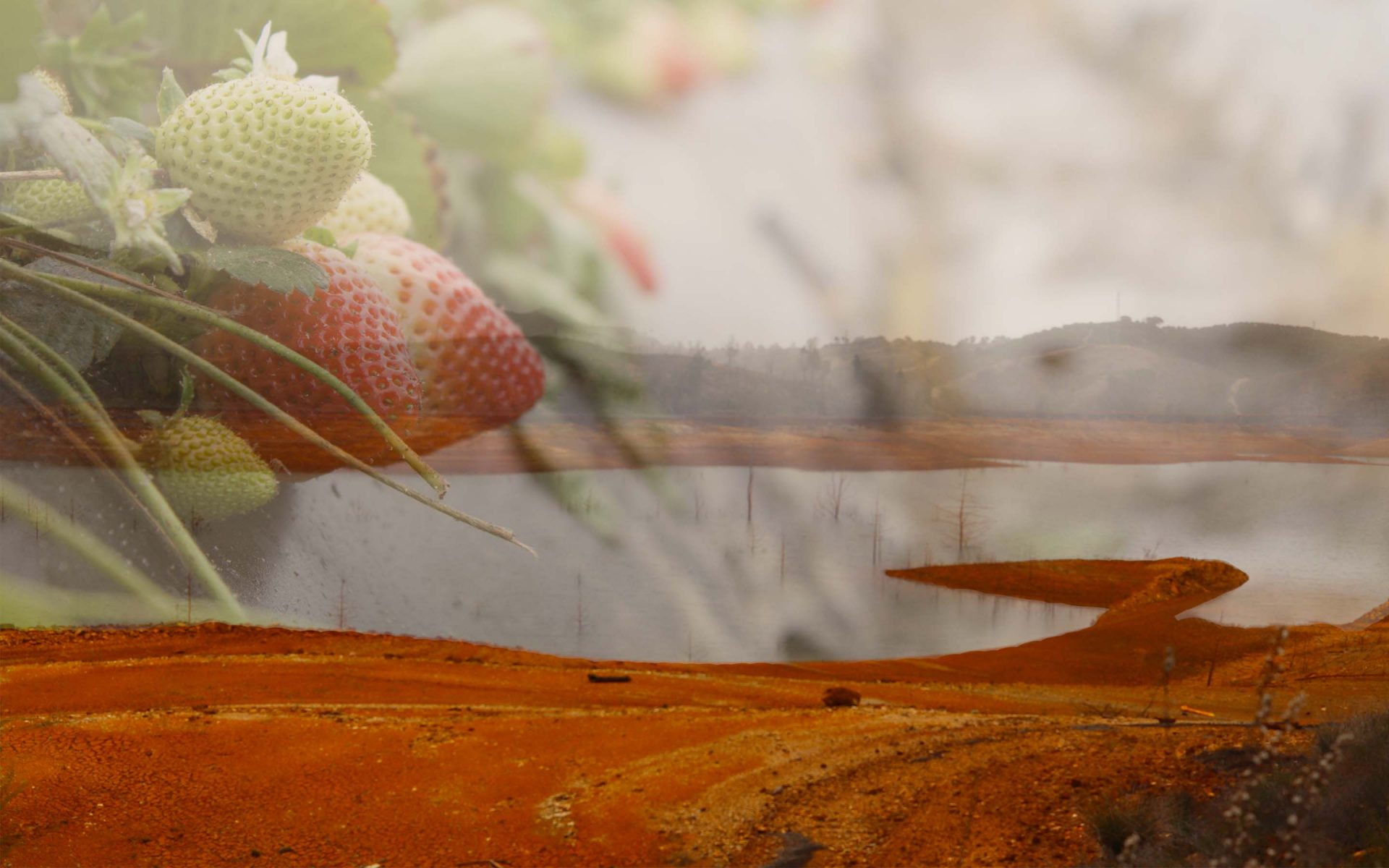
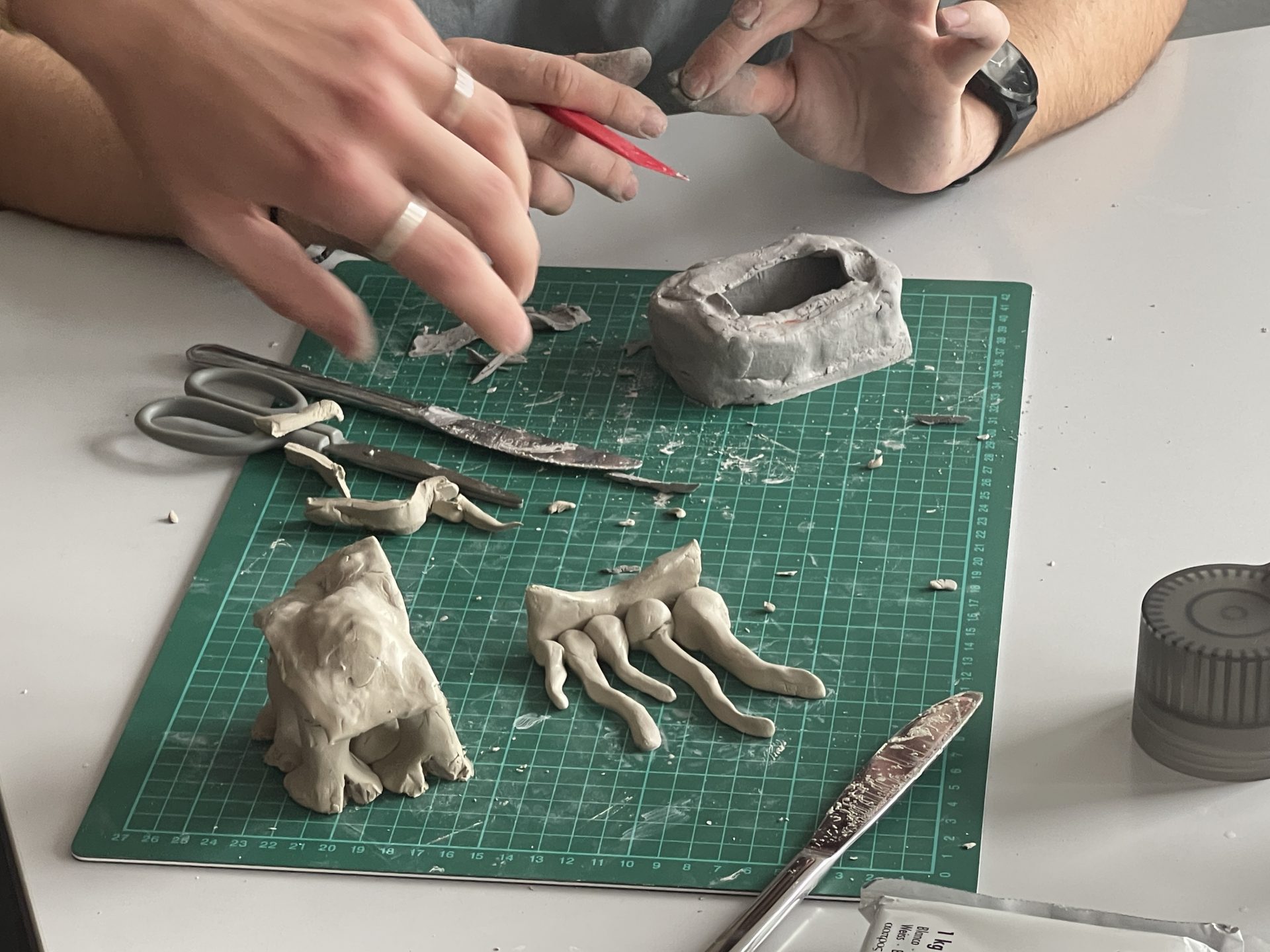
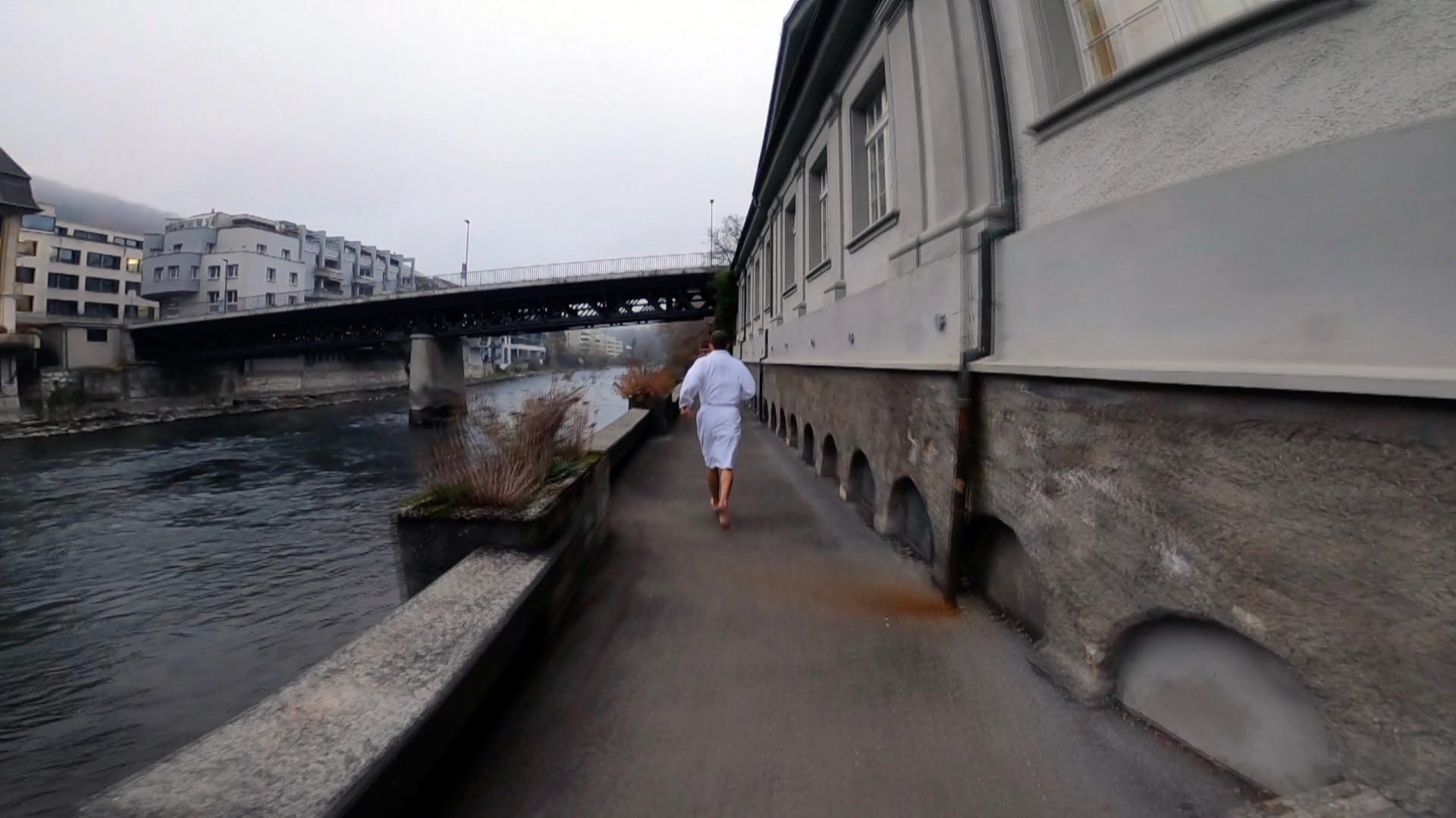


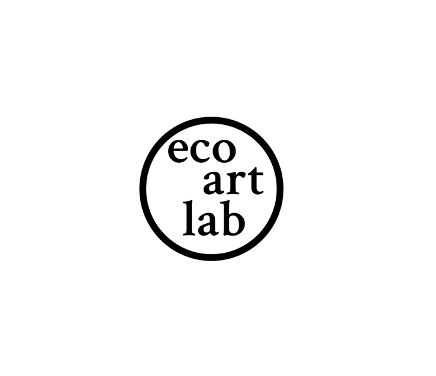

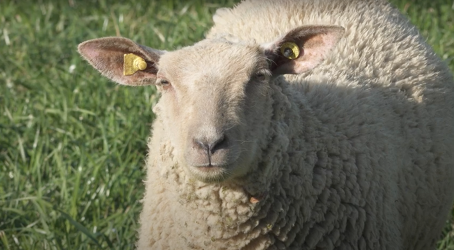

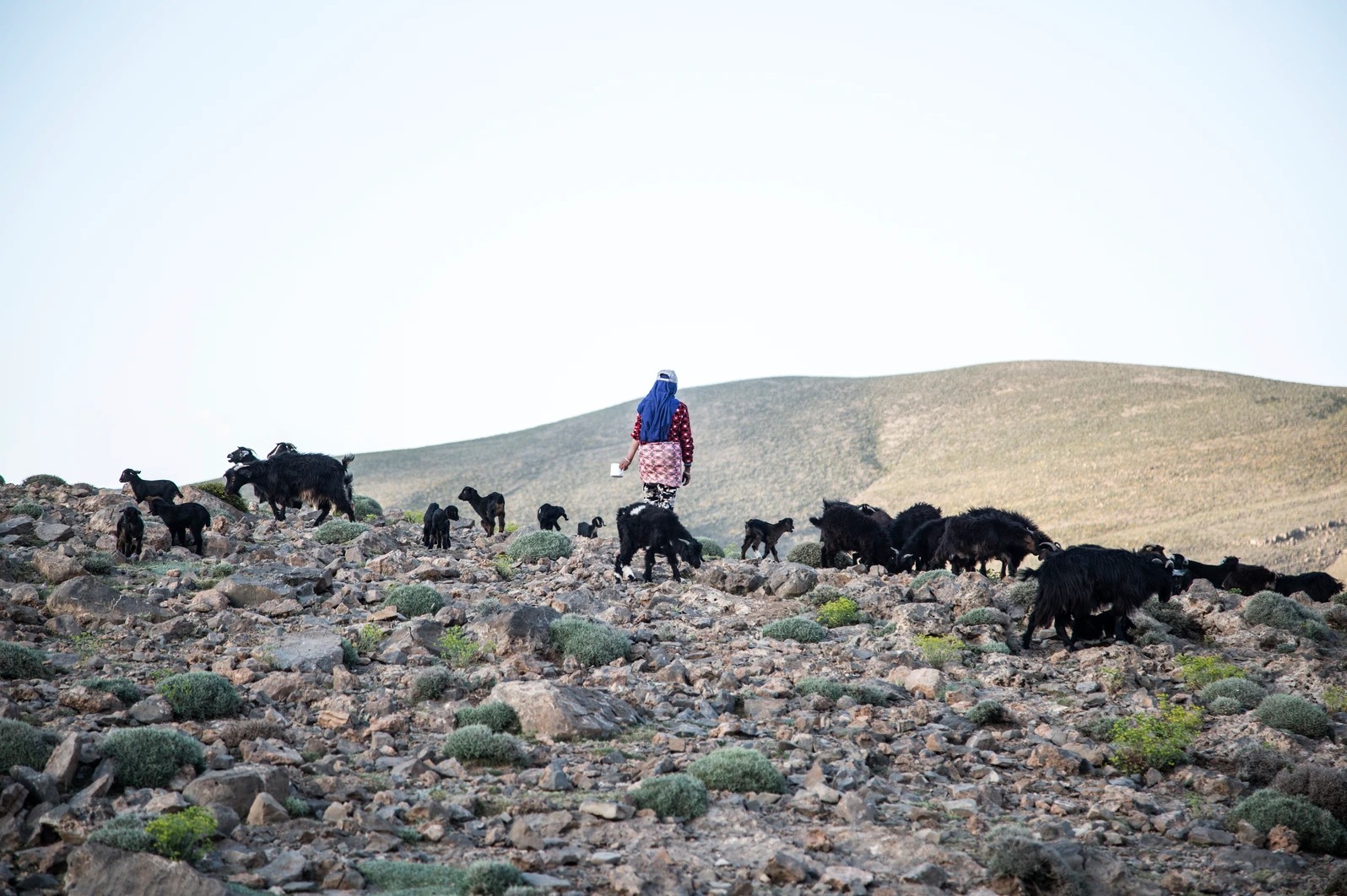


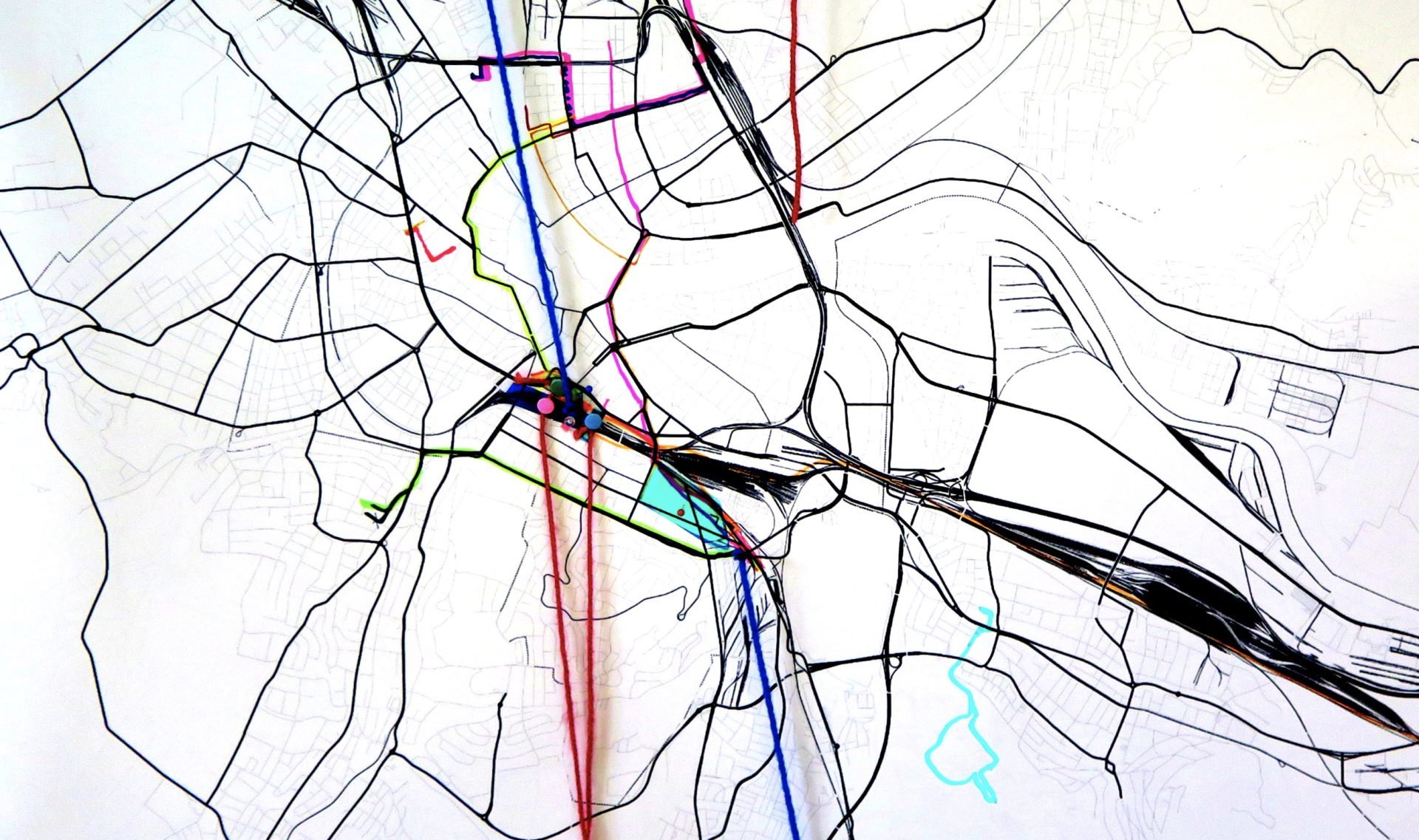

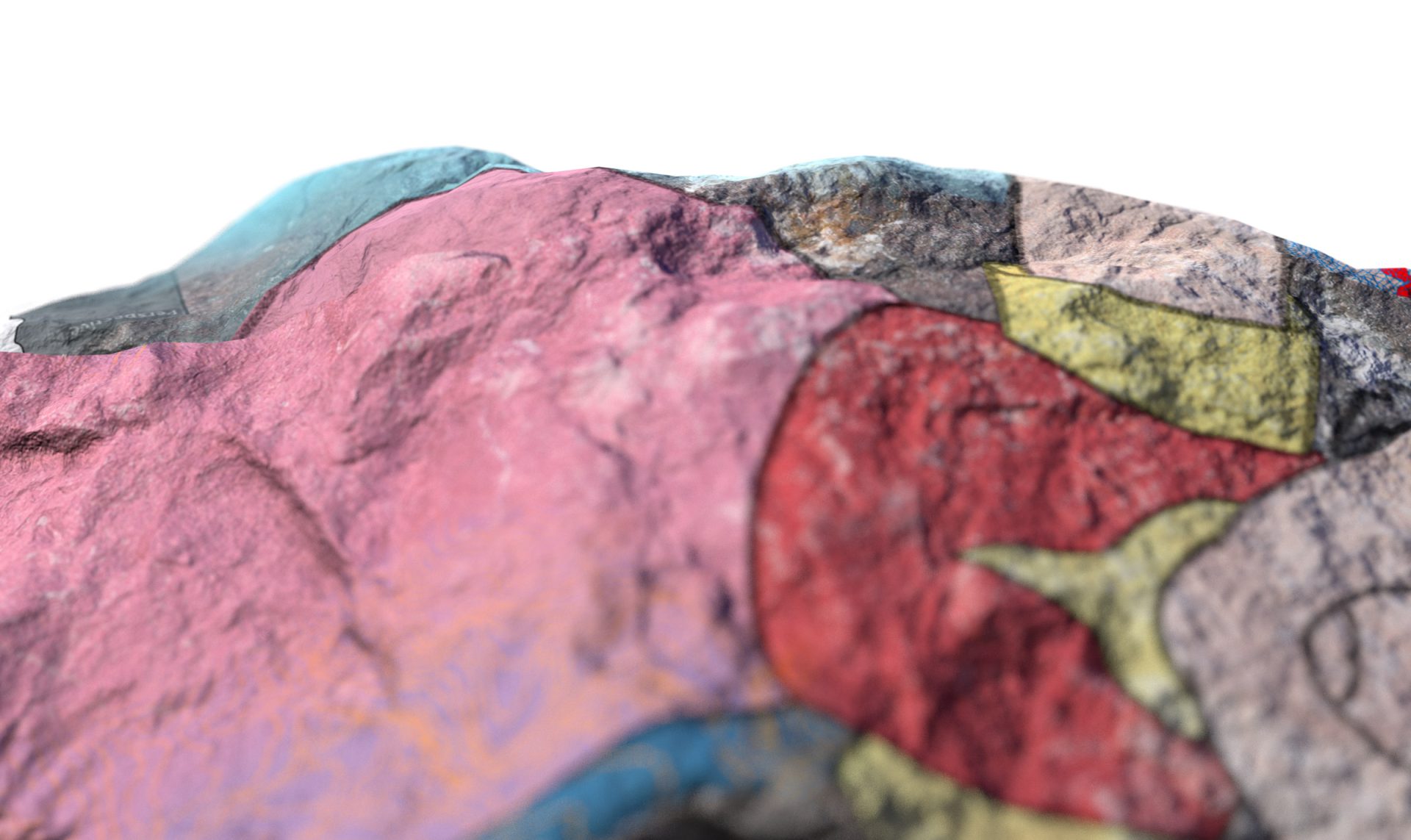


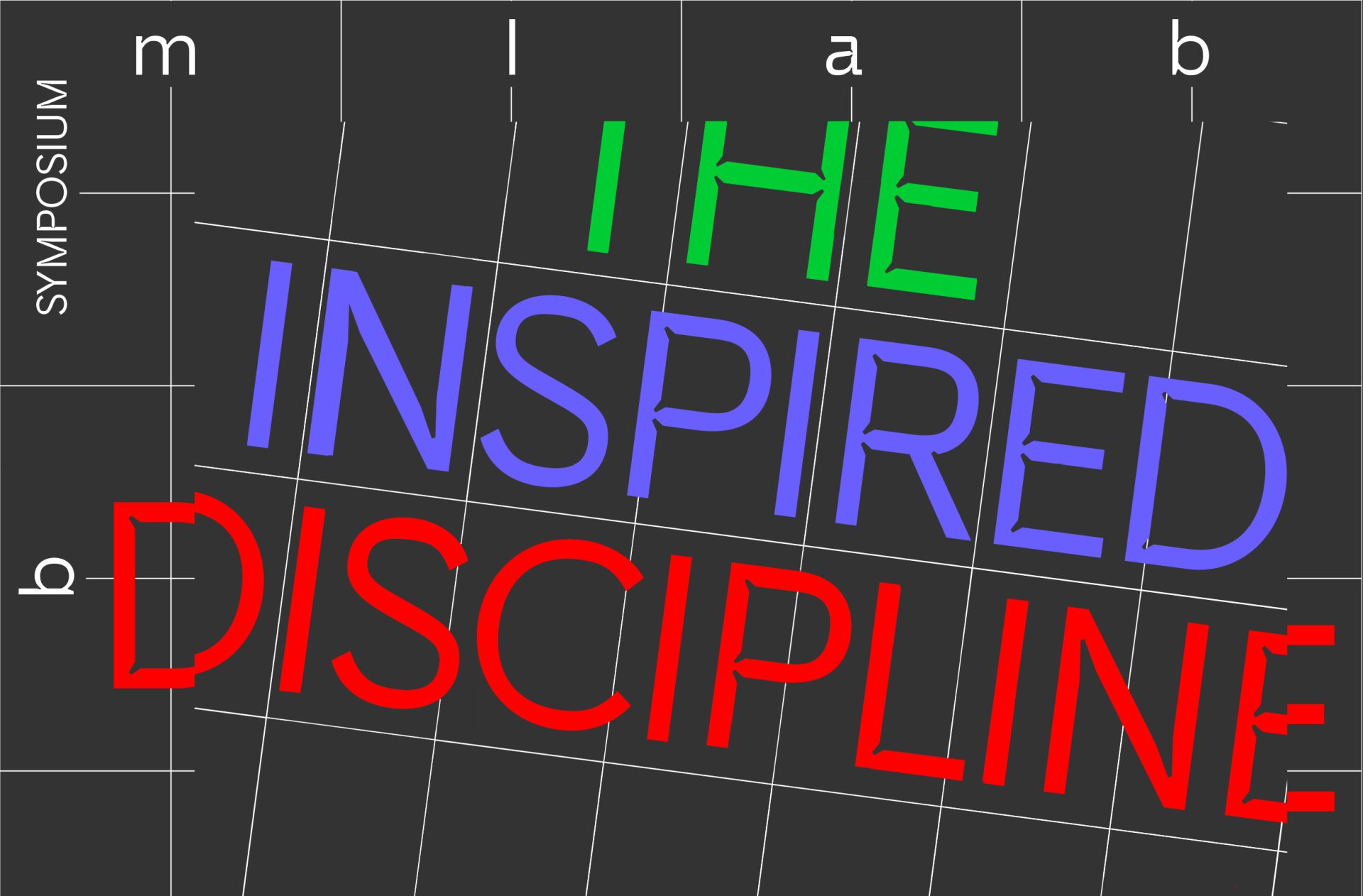


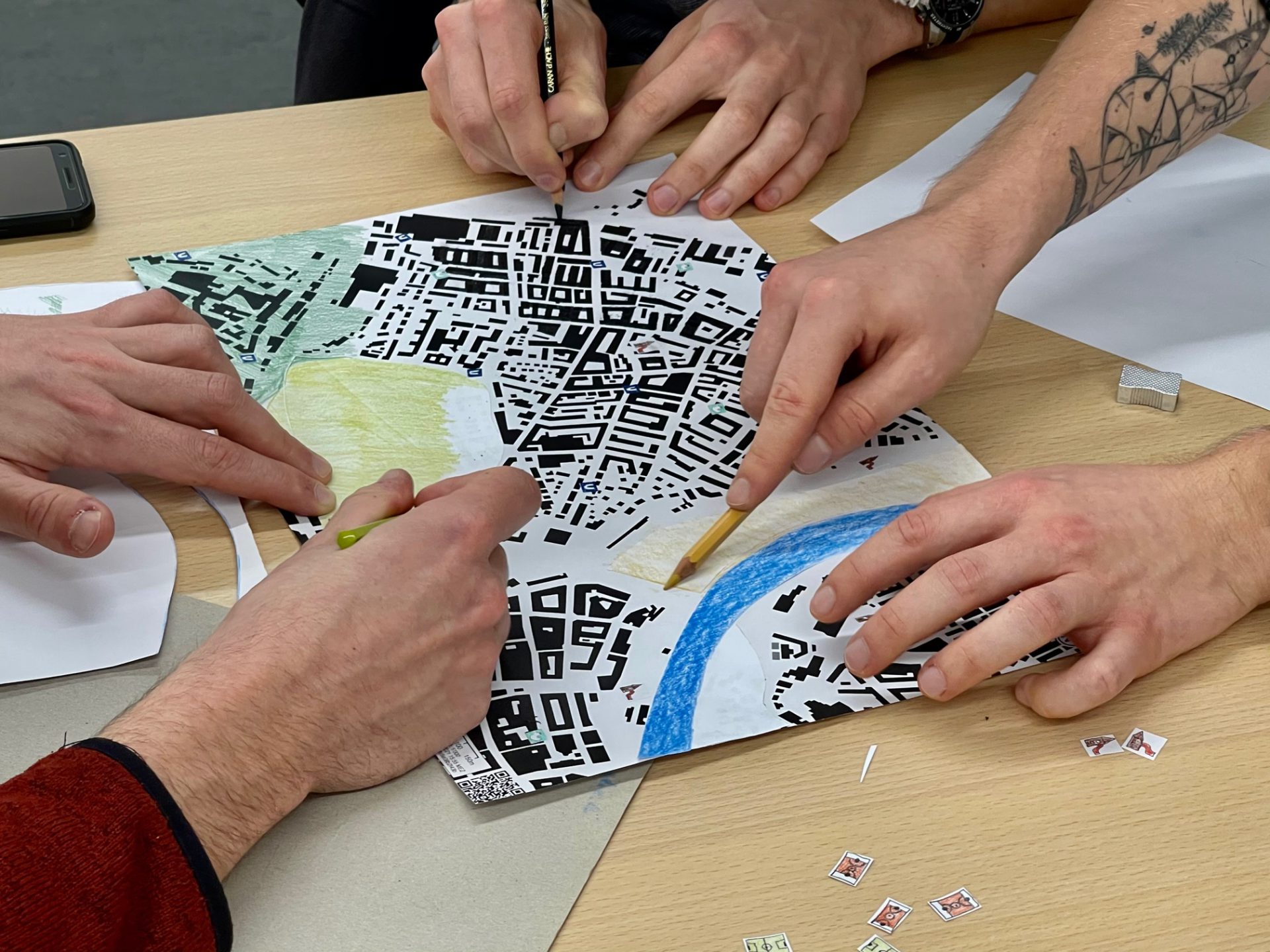


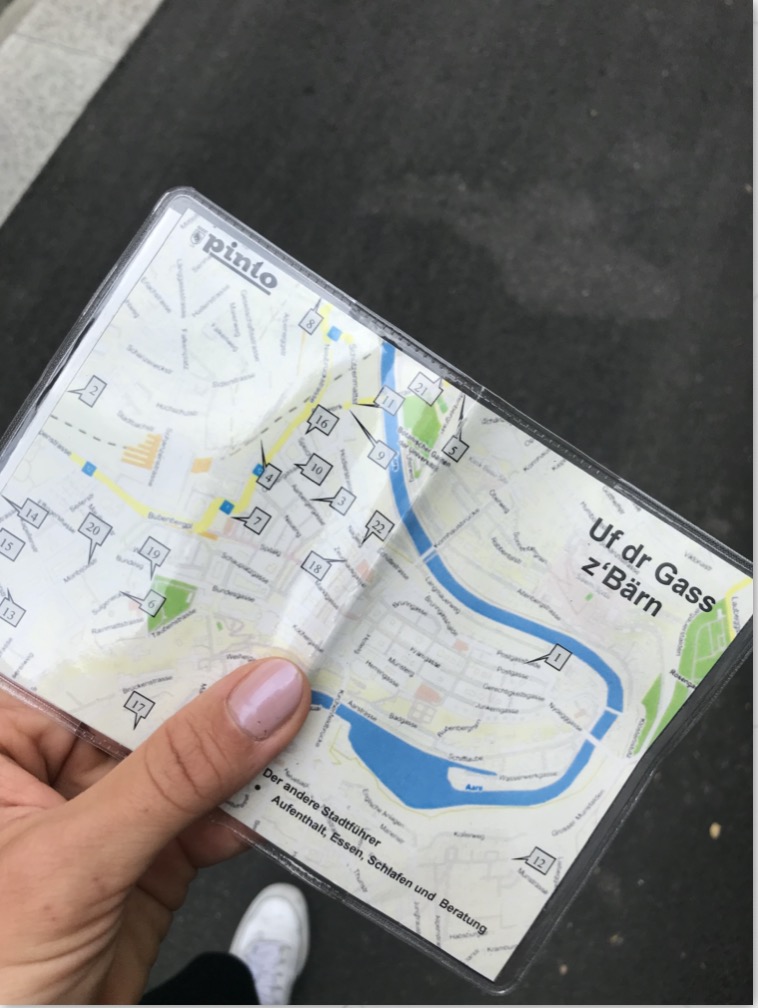
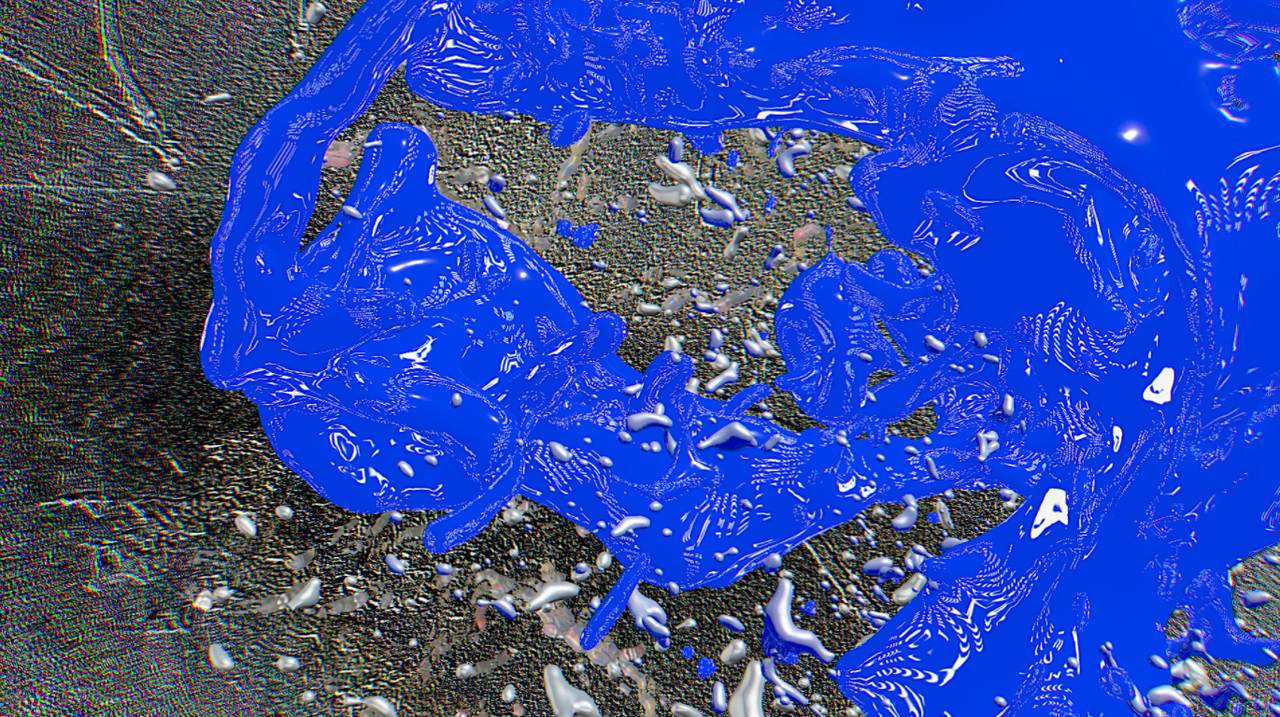


Agri-culture – as a cultural practice – comes with rules on who produces when where and how. This articulates itself in the gendered division of work with men becoming the head of the farm, and women the person farming next to him. Although the gendered division of work and thus the subordinate position of women have been questioned, the idea of binary gender and the archetype of traditional family farm as unquestioned good has mostly been taken as a given. This, in turn, contributes to the (re)production of binary gender, heteronormative definitions of family, and the inequalities they often entail.
This project shifts our attention away from the production of traditional gender-sex-sexual roles and centers queer experiences in farmwork. Based on explorative research that considered the mechanisms through which queer farmers are discouraged from farmwork on the basis of their sex gender and/or sexuality, this project explores how queer farmworkers contest gender-sex-sexual and farming identities, and what follows for more sustainable agriculture. In doing so it inverts previous perspectives by pointing out how gender roles are (re)produced not only on the farm, but also in and through research projects that prompt binary imaginations, exclude, and further marginalize queer performances and identities.
Next to ethnographic methodologies, the project builds on dance to explore queer farming practices and perspectives. Both gender and farmwork are deeply embodied practices—gender is expressed and understood through the body, while farmwork is rooted in physical movement and knowledge of the flesh. Working with and building on dance and movement practices the project seeks to take account of these embodied experiences.
For more information on the project listen to this episode of the Research Institute for Organic Agriculture podcast (in German): FiBL – Podcast: Queer, sichtbar und zukunftsweisend